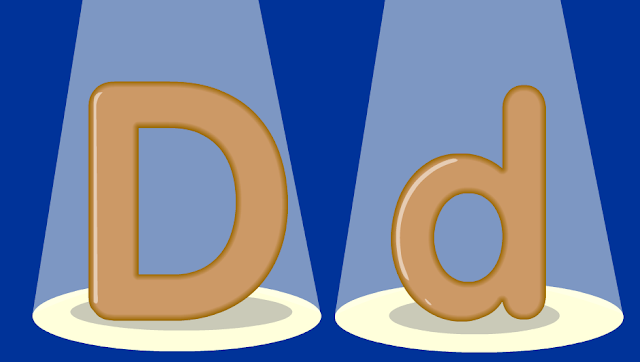Common Nouns
Common nouns are words that refer to people, places, things, or ideas. Unlike the other type of noun, proper noun, common nouns are not the actual names of the categories mentioned above. A common noun identifies a thing; a proper noun gives a thing its specific name.
Sentence Examples:
1. People
– Sheila climbed the tree. (“Sheila” is a proper noun. It’s her name.)
– The girl climbed the tree. (The word “girl” is a common noun, as it can be any girl.)
2. Places
– Main Street is filled with people. (“Main Street” is a a proper noun.)
– The street is filled with people. (The word “street” is a common noun.)
3. Things
– That Barbie doll is very expensive. (“Barbie doll” is a specific name; it’s a proper noun.)
– That toy is very expensive. (“Toy,” here, is a common noun, as it can be any particular toy.)
Common Nouns are relatively easy to detect in a sentence. You can see them anywhere. It’s also easy to distinguish a proper noun from a common noun. You just need to know what’s a name for a specific individual in a class (proper noun), and which signify only classes themselves (common noun).
If you’re going to the store, “store” is a common noun. But if you’re going to Target, “Target” is a proper noun.
Rules in Creating Possessive Forms of Common Nouns
Possessive Common Nouns show relation or ownership to something or somebody else.
In order to turn a common noun into a singular possessive common noun, you only need to add an apostrophe (‘), and letter‘s’.
Examples:
– The lady’s laughter echoed throughout the hall.
– The dog’s bark woke up the neighbors.
– The factory’s chimney started releasing dark smoke.
For singular common nouns that end in letter “s”, add an apostrophe (‘) and an “s” at the end of the word. (This is only addressed because the rule is different for plural common nouns that do end with “s”.)
Examples:
– The bus’s passengers got off at their stop.
For plural common nouns that do not end in ‘s’, the rules used in singular common nouns is applied.
Examples:
– The children’s toys are scattered all over the floor.
For plural common nouns that end in ‘s’, simply add an apostrophe at the end of the word.
Examples:
– The two babies’ crying woke the entire nursery.
